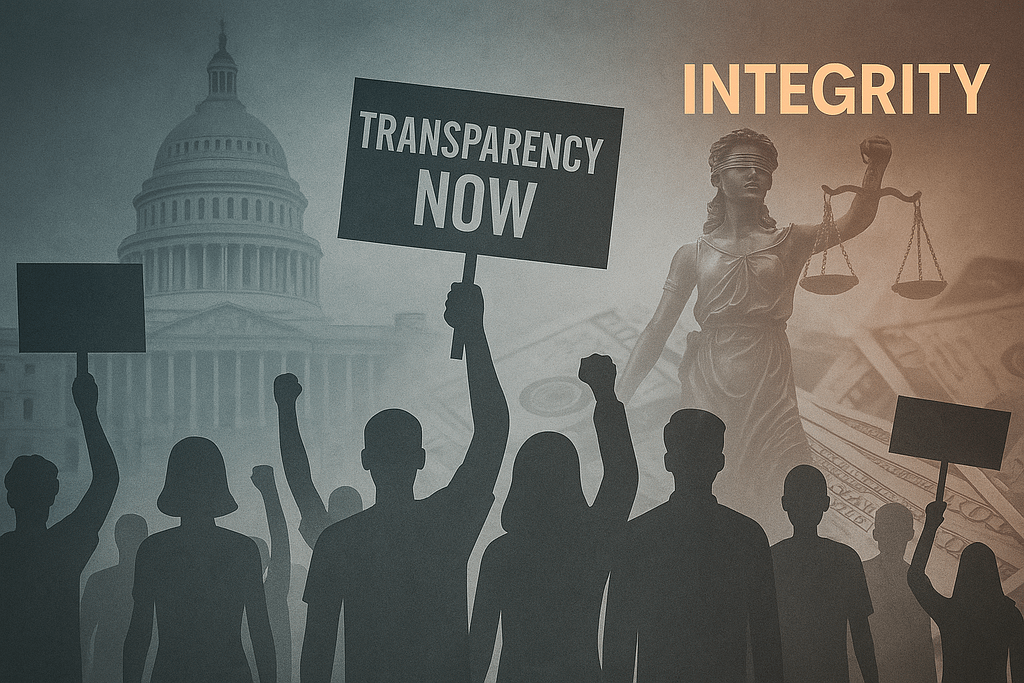In 2025, corruption is no longer a distant buzzword—it’s a growing concern for citizens across continents. With scandals, declining public trust, and institutional weak oversight, many people now fear their governments favor private interests over public welfare.
CPI 2024 Reveals Alarming Trends
Transparency International’s Corruption Perceptions Index (CPI) 2024 underscores the severity: 47 of 180 countries saw their lowest corruption score in over a decade. South Sudan, Somalia, and Venezuela occupy the bottom rankings, while Denmark stays at the top. AP News
The index also reveals corruption’s link to climate issues—misused funds, lack of oversight, and influence peddling undermine efforts to fight environmental crises. Transparency.org
What Citizens Feel and Report
- In the EU, nearly one-third of respondents believe corruption is rising in their countries. Transparency.org
- In regions with weak institutions, citizens routinely report demands for bribes, favoritism, and lack of accountability. Our World in Data+1
- In Africa and elsewhere, corruption targeting journalists intensifies: attacks, murders, and silencing threaten free speech. Global Citizen
Why This Matters: The Cost of Corruption
- Erodes trust: When citizens see government as self-serving, loyalty and civic engagement decline.
- Worsens inequality: Public funds meant for services end up in private pockets, limiting access to education, healthcare, and development. World Bank+1
- Stunts growth: Investments, foreign aid, and economic development falter when corruption becomes systemic.
- Weakens institutions: Courts, law enforcement, and anti-corruption bodies lose power when they can’t punish wrongdoers.
- Threatens climate and public funds: Corruption seeps into climate finance, misallocating resources and blocking sustainable solutions. Transparency.org
Regional & Country Spotlights
- EU: Countries like Bulgaria, Cyprus, and Slovenia see rising perceptions of corruption and influence of business over government. thegoodlobby.eu
- Malta: Dropped to one of its worst corruption rankings in the EU; issues around public procurement and political payments dominate headlines. Wikipedia
- Mongolia: Continues to struggle, scoring low on the CPI and facing repeated scandals involving mining contracts and elite capture. Wikipedia
Solutions & The Road Ahead
- Strengthen oversight institutions: Audit bodies, judiciaries, and anti-corruption agencies must be independent and empowered.
- Transparency & open data: Governments should publish budgets, contracts, and performance reports in open formats.
- Protect whistleblowers & journalists: Creating safe channels and legal protections reduces fear of retaliation.
- Citizen engagement: Local oversight, participatory budgeting, and digital feedback can help communities monitor projects.
- International cooperation: Cross-border financial tracing, shared databases, and pressure on tax havens are essential.


